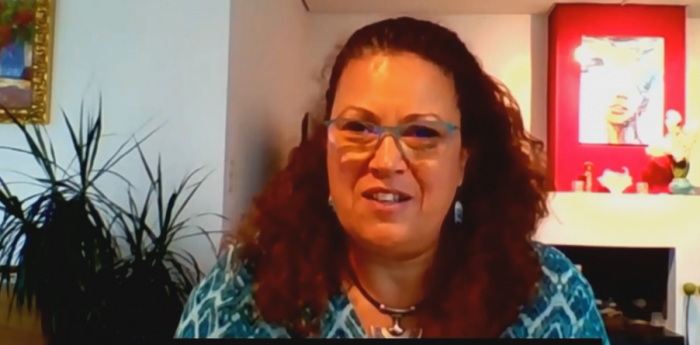Firms need to stop having “false negotiations” with staff and myth bust preconceptions about hybrid working, according to insurer Zurich.
Speaking at the Chartered Institute of Personnel and Development annual conference Nadia Younes, head of employee experience and wellbeing at Zurich, told delegates there was no one size fits all approach to productive working.
“Most organisations are having what I call a false negotiation with their employees,” Younes said.
“They’re negotiating how many days a week they’re allowed to work from home and some people want to work from home. Some people don’t. Some people can’t.
“There’s a whole host of things around that so there is this argument that everyone is going to go hybrid. Everyone is talking about hybrid as if there’s no other option.
“We’ve kind of accepted that as the assumption or norm but there are lots of other options for flexibility and there always has been and employees for many decades have wanted more control over where, when and how they work.”
Myth busting
Consequently, Younes called on delegates to do some “myth busting”.
“People say you can’t build relationships unless you’re physically present. You can’t innovate unless in a room doing sticky notes or whatever. I think those are myths and myth perceptions.
“You know when I joined my current company I joined remote and stayed remote and there are companies that have been all remote for the duration of their company and nobody is asking necessarily around prove it, prove that we’re not successful working in different ways than we are.
“There’s also assumptions that productivity has gone down. I think in some cases productivity has gone up we’ve seen.”
Although Younes, who has led diversity, equity, employee experience and wellbeing initiatives across an array of sectors, also warned that presenteeism can equally exist in hybrid working environments.
“Now people are just leaving their light on and sending emails at weird hours and saying ‘look, I’m working’ and so all of that aberrant behaviour can happen whether you’re in an office or whether you’re not in an office setting,” she added.
“Ultimately what the pandemic has shown us is that you really need to trust your people and build that trust.”
